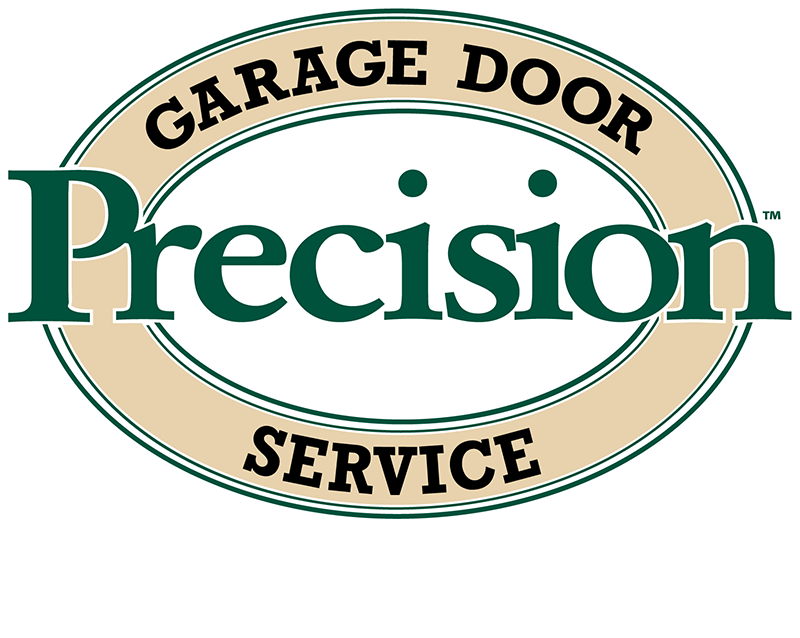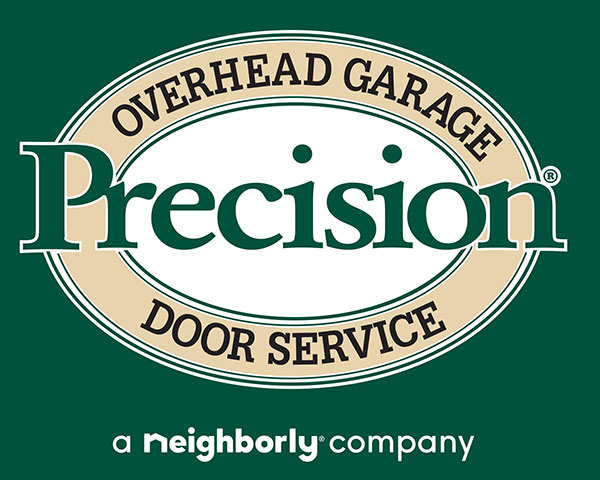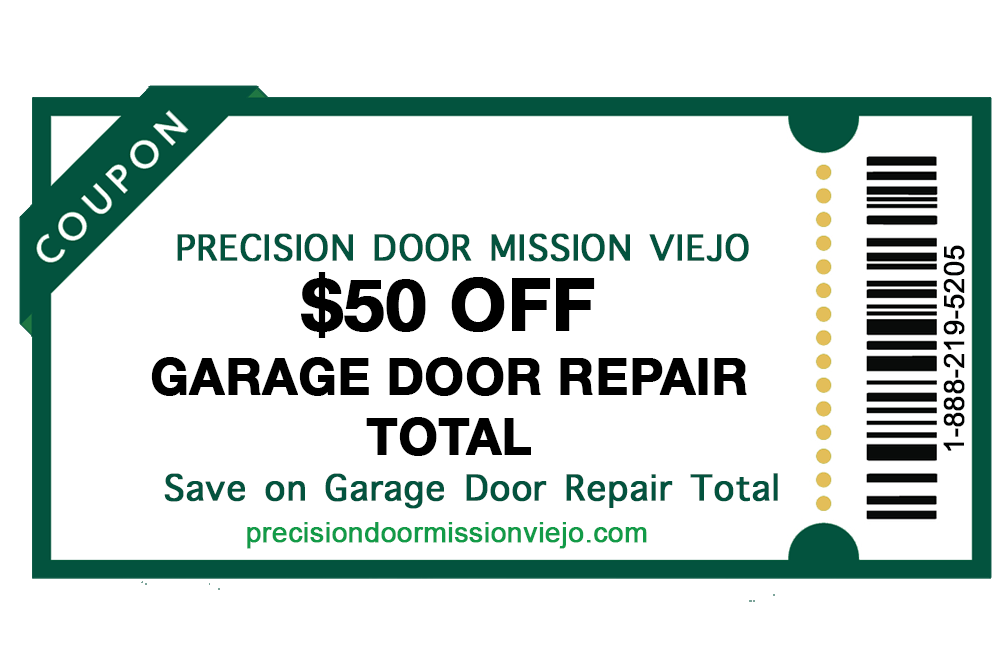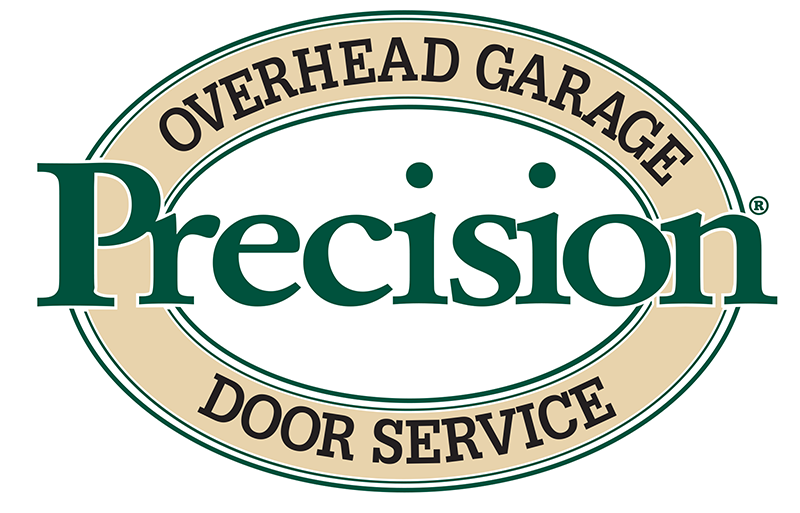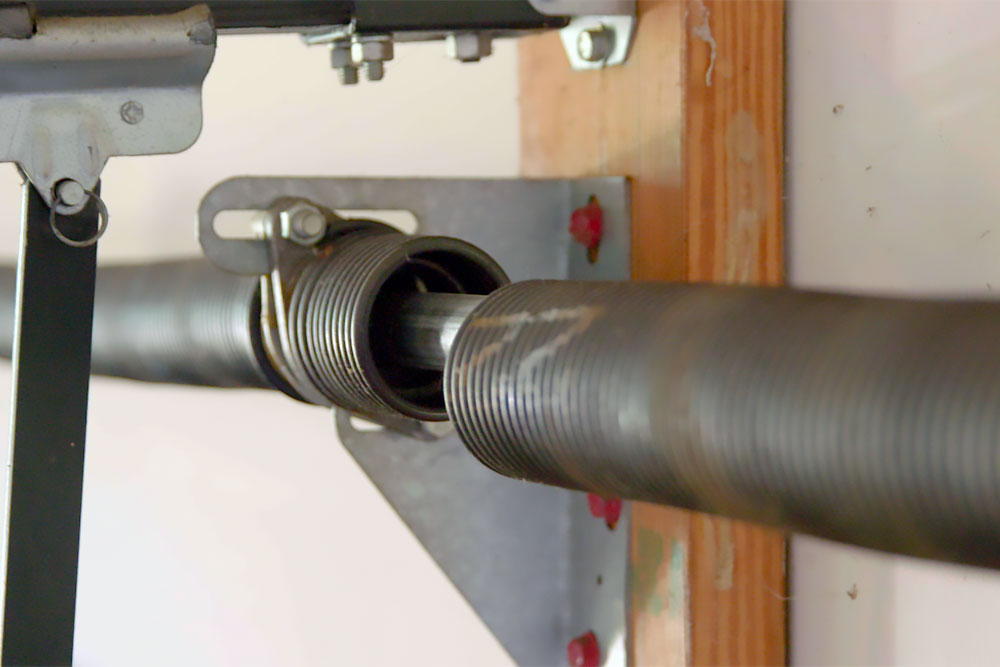
Why Garage Door Rollers and Springs Break
Your garage door springs make it easy to open and close your garage door alongside other components, such as garage door rollers. The springs can break due to a variety of reasons.
Frequent breakdowns result in more repair expenses. Understanding and preventing the issues that cause your door’s springs to break helps increase the spring’s longevity and reduce repair costs. Find out below why your garage door springs break.
Wear and Tear
Every machine’s components are bound to give in to wear and tear someday, especially if the components are in regular use. One garage door cycle completes when you open and close your door. The rating for most new garage doors is 10,000 cycles.
Your garage door undergoes multiple cycles every day. For instance, you will need to close and open your door at least twice a day when going and returning from work. Daily errands may also require you to open and close your door often. Your kids may also close and open it just for fun.
With time, the door surpasses its lifespan, and its components start to wear out. Going for a door with a longer lifespan helps to ensure your door will serve you for an extended period with no problems.
Rust
Rust occurs when moisture comes in contact with your garage door springs. Your springs are susceptible to rust, especially if you live in a humid environment. When rust accumulates with time, it interferes with the spring’s integrity. As a result, the spring breaks.
Older garage doors in Mission Viejo usually have one spring. Therefore, when the spring breaks, you can no longer open your door. Lubricating your garage door springs can help prevent rust from building up.
Failing to Schedule Maintenance
A maintenance procedure helps to keep a system working efficiently. Every machine or system requires regular maintenance to remain in good working condition. A garage door is no exception.
You can schedule maintenance services at least once every year. During the visit, a technician inspects every part of your garage door to identify any malfunctioning components. They will also lubricate your garage door’s springs to keep the rust away.
Keeping your door well-maintained eliminates irritating noises, dirt buildup, and rusty racks. It also eliminates the risks and dangers of a poorly maintained garage door.
Seeking Unprofessional Installation Services
A friend or neighbor may convince you that they have the technical expertise to install your garage door. You may also look up a few DIY videos and feel confident about installing your garage door. Unless you or your neighbor/friend are professionals, it is not wise to install a garage door.
This is because you may lack the right tools and equipment for the job, making the work tedious and erroneous. An unprofessional installation may result in problems with the door’s components, such as springs.
Moreover, you will void your warranty when you engage unprofessional services to work on your garage door. Engaging the services of a certified technician guarantees the work will be done right because they have enough training and expertise to work on garage doors.
Door Jams
Door jams occur when dirt and debris build up on the door’s track. These door jams may interfere with the spring’s ability to coil up or unwind. Consequently, they may cause the springs to break.
Using the Wrong Springs
One long torsion spring works well with smaller and lighter doors. If your garage door installer uses one long spring for heavier doors, the spring experiences too much strain, causing it to break.
If you have a heavy garage door, the best option for you is two torsion springs. These springs share the weight of a garage door when closing or opening it.
Signs of Broken Garage Door Rollers and Springs
Fortunately, it is easy to know when your garage door springs are broken to seek repair services or replacement services. Look out for the following indicators.
A Gap on Your Springs
This is one of the easiest ways to identify a broken spring. Usually, a garage door spring is tightly connected with no gaps. When the spring snaps, it results in two parts that are separated by a visible gap.
Your Automatic Garage Door Opener Does Not Open the Door Fully
Garage door springs help to make the door opener’s work easier. Your automatic door opener initiates a safety measure called opener force when it detects the weight of your garage door has changed.
This safety measure prevents the garage door from opening fully. This helps to prevent the door from falling suddenly and causing injuries.
Unusual Garage Door Noises
When a garage door’s parts malfunction, it causes a lot of noise when you open or close it. One such component that may cause unusual noises is a broken spring. It is essential to have a technician inspect your garage door to identify accurately the cause of the noises.
Your Garage Door Opens Awkwardly
There are two types of garage door springs: torsion and extension springs. Torsion springs are usually at the top of the door and run parallel to the floor.
On the other hand, extension springs run perpendicular to the torsion springs. There is one extension spring on each side of the door. When one spring breaks, one side of the door opens quicker than the other.
Your Door Closes Too Quickly
Garage door springs take much of the door’s weight. Therefore, when the springs are broken, they cannot support the door’s weight.
This causes the door to drop too fast, which may result in injuries. Seek a technician’s services to inspect and repair your garage door to prevent injuries.
Your Garage Door Becomes Too Heavy
If your door is too heavy when you try to lift it, there is a high likelihood that its springs are broken. The door becomes heavy because the springs can no longer support its weight.
It is essential to address a broken door spring immediately. Ignoring the issue may result in injuries and costly repairs. Contact Precision Door of Mission Viejo for exceptional garage door repair and installation services.
